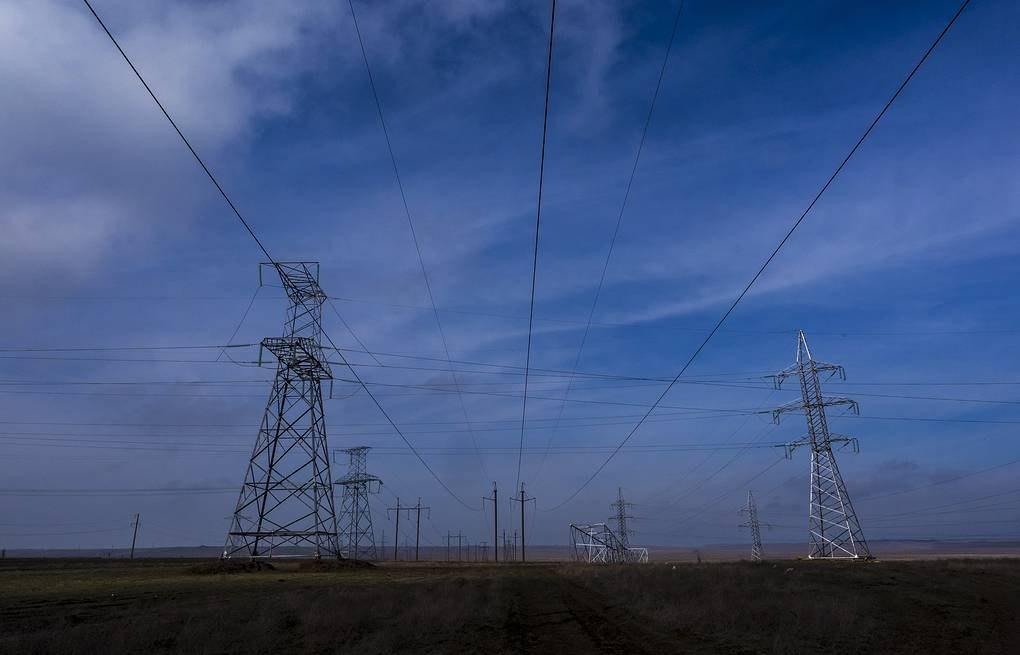In early May, Uzbekistan adopted a Concept on the Provision of Electricity until 2030, which was developed with the participation of the Asian Development Bank and the World Bank. The document provides for the modernization of existing power plants, the creation of new types of electricity generation from renewable energy sources and nuclear power plants. These measures will reduce greenhouse gas emissions by 10% by 2030 relative to 2010.
On the basis of this document, Uzbekistan, together with experts from the European Bank for Reconstruction and Development, develops a national low-carbon energy strategy. On the one hand, the strategy addresses the energy problem of the country, and on the other, it will also reduce the negative impact on the environment.
“The strategy for the transition to low-carbon energy is being developed through modeling the country’s energy system and possible future development scenarios. This will be done by the international consulting company Mott MacDonald. Simultaneously, we are studying the experiences of Germany, Japan and Spain, though we understand that the experience of these countries cannot be fully applied in the context of Uzbekistan. Our country needs an individual development plan with maximum use of international experience,” the Minister of Energy Alisher Sultanov commented.
According to him, the transition to low-carbon energy will provide an opportunity to produce electricity for the country at a steadily high growth rate, thus improving the quality of life of the population.
The energy production system in the country is outdated and inefficient; it almost completely dependent on natural gas and limited hydropower resources. The solution to the situation is the development of alternative energy sources, such as the sun, wind and water, as well as the use of nuclear energy in the country’s energy system. All these types of power generation belong to methods with low carbon dioxide emissions, while nuclear energy is also able to provide the country with uninterrupted and high-quality electricity on an industrial scale.
The strategy will reflect three low-carbon energy scenarios, and to ensure the effectiveness of the document, ministries will pay special attention to the development of renewable energy generation, in particular, solar energy. Implementation of the plans will be funded by investors.
According to the plan, by 2030, Uzbekistan expects the construction of wind power plants with a total capacity of 3 GW, solar power plants with a total capacity of 5 GW, as well as nuclear power plants with a capacity of 2.4 GW.






